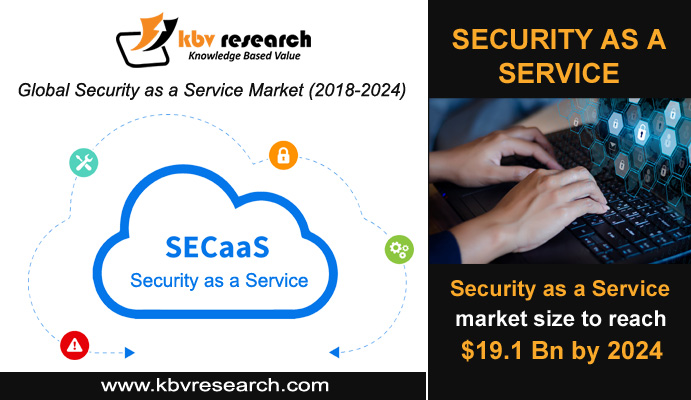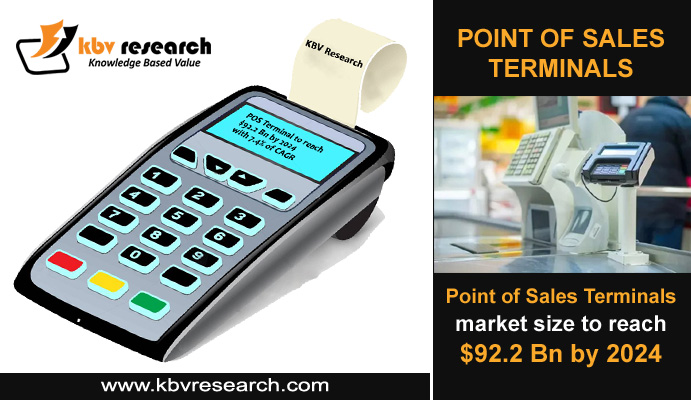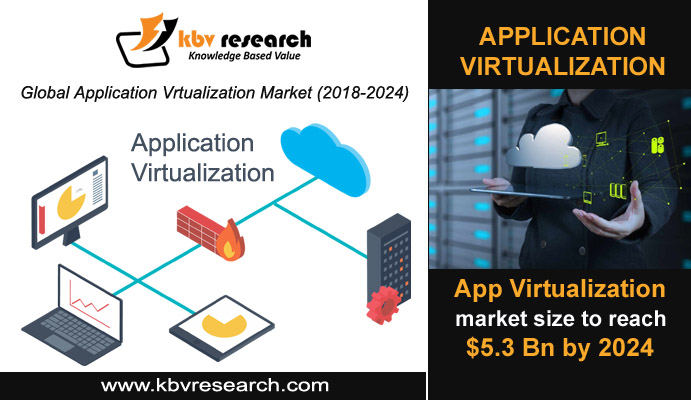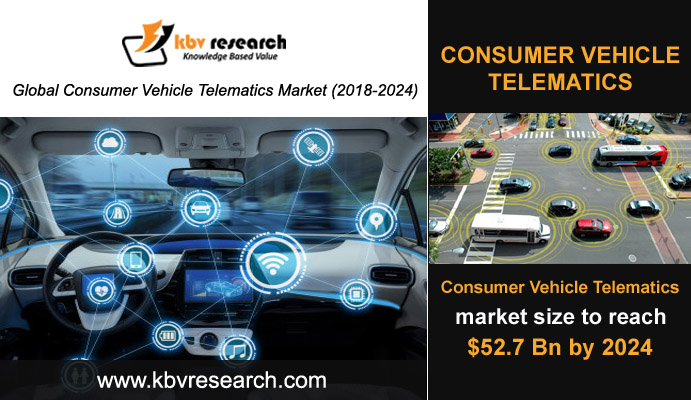Next Level of Commercial Vehicle Telematics Solution

What is Commercial Vehicle Telematics? Commercial vehicle telematics enables the monitoring and controlling of a commercial vehicle by the means of telecommunication devices. It is a blend of telecommunications and information technology in commercial vehicles. The combination of Global Positioning System (GPS) and on-board diagnostics enables users to record, track, and map and navigate commercial vehicles. Wireless, location technologies, electronic vehicles, etc., pursue a future for commercial vehicle telematics technology. Increased vehicle efficiency, improved routing, increased vehicle safety, accident prevention and injury, damages, etc. are among the benefits of the telematics technology. Commercial Vehicle Telematics Market (2018-2024) | KBV Research Why does the automotive world need Commercial Vehicle Telematics? Innovative solutions for efficient supply chains logistics and fleet management play a vital role in telematics development. Telematics provides visi








